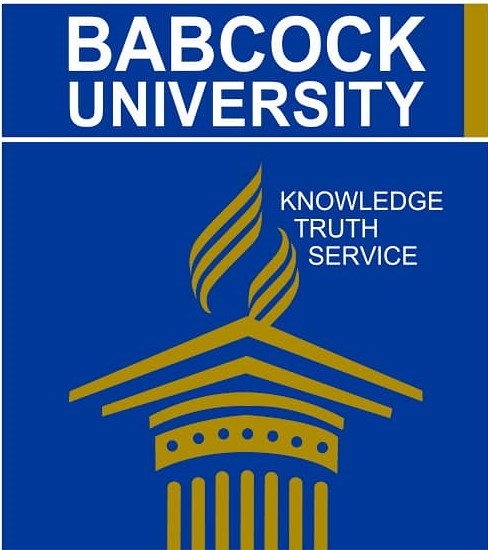Research in the Era of Generative AI: Investigating Editorial Responses of Nigerian Communication Journals
DOI:
https://doi.org/10.5281/zenodo.17311155Keywords:
Generative AI, Editorial Policies, Research Ethics, Communication, Journals, NigeriaAbstract
The rapid adoption of generative artificial intelligence (AI) tools like ChatGPT in drafting text including manuscript has raised pressing questions about academic integrity and ethical publishing worldwide. This study investigated the preparedness of Nigerian communication journals to regulate the ethical use of AI in research and manuscript submissions. Using a triangulation approach, the study combined document review of editorial and publishing policies from ten Nigerian communication journals with in-depth interviews involving five journal editors. Data were thematically analysed to identify explicit policy references to AI, editors’ personal initiatives, and challenges hindering effective regulation. Findings revealed that while most journals emphasise originality and prohibit plagiarism, explicit references to AI use remain largely absent. Interviews further showed that editors had not taken proactive initiatives to regulate AI, instead leaning heavily on existing guidelines that were not designed with AI in mind. Key challenges included infrastructural deficits, financial constraints, and poor AI literacy particularly among older senior editors limiting the ability to implement or enforce AI-related policies. The study recommends urgent policy revisions, capacity building, and institutional collaboration to strengthen AI governance in Nigerian scholarly publishing and safeguard the integrity of communication research.
Downloads
Downloads
Published
Issue
Section
License
Copyright (c) 2025 Journal of Education, Communication, and Digital Humanities

This work is licensed under a Creative Commons Attribution 4.0 International License.













 =======================================================================================================================================
=======================================================================================================================================